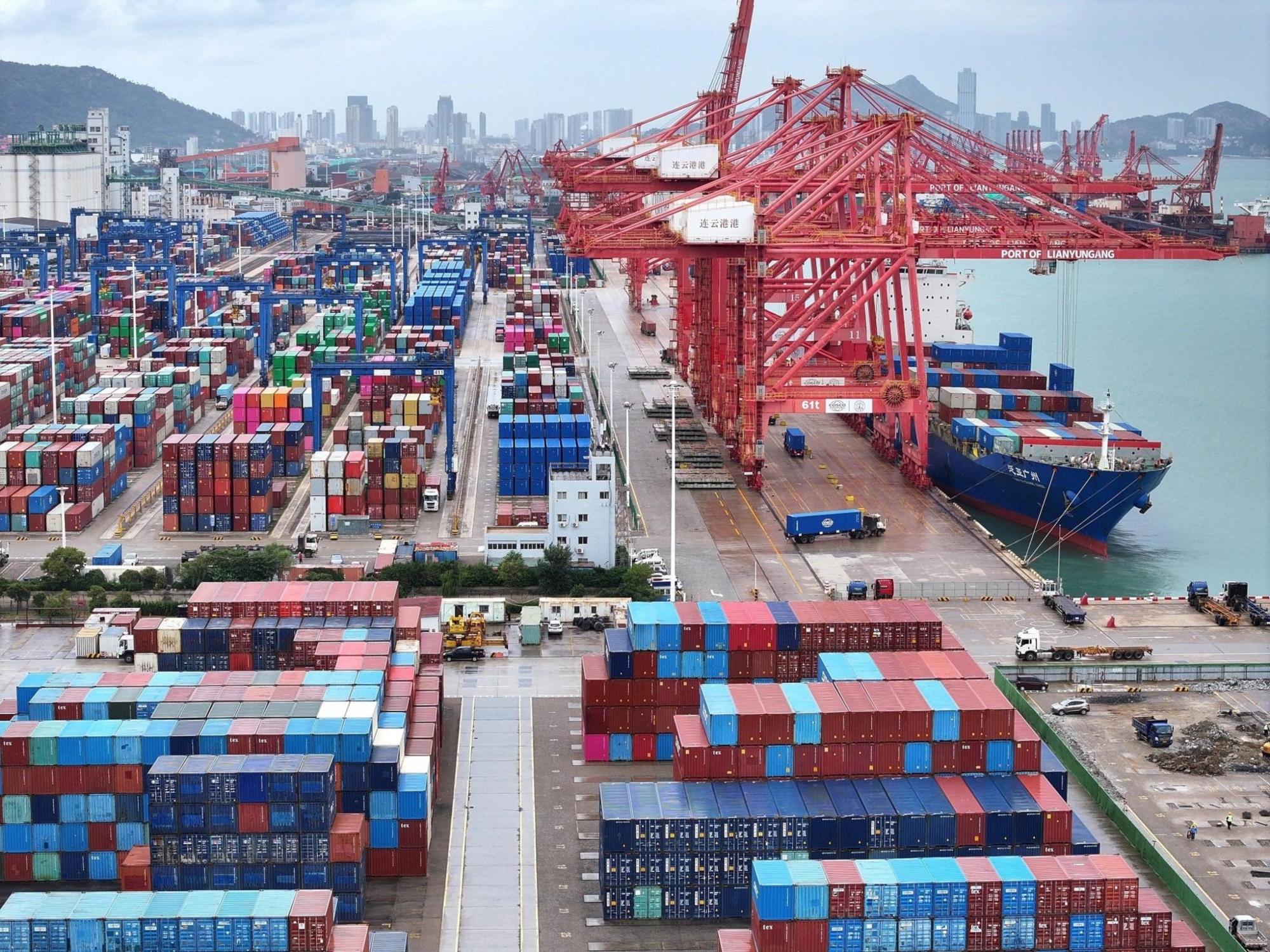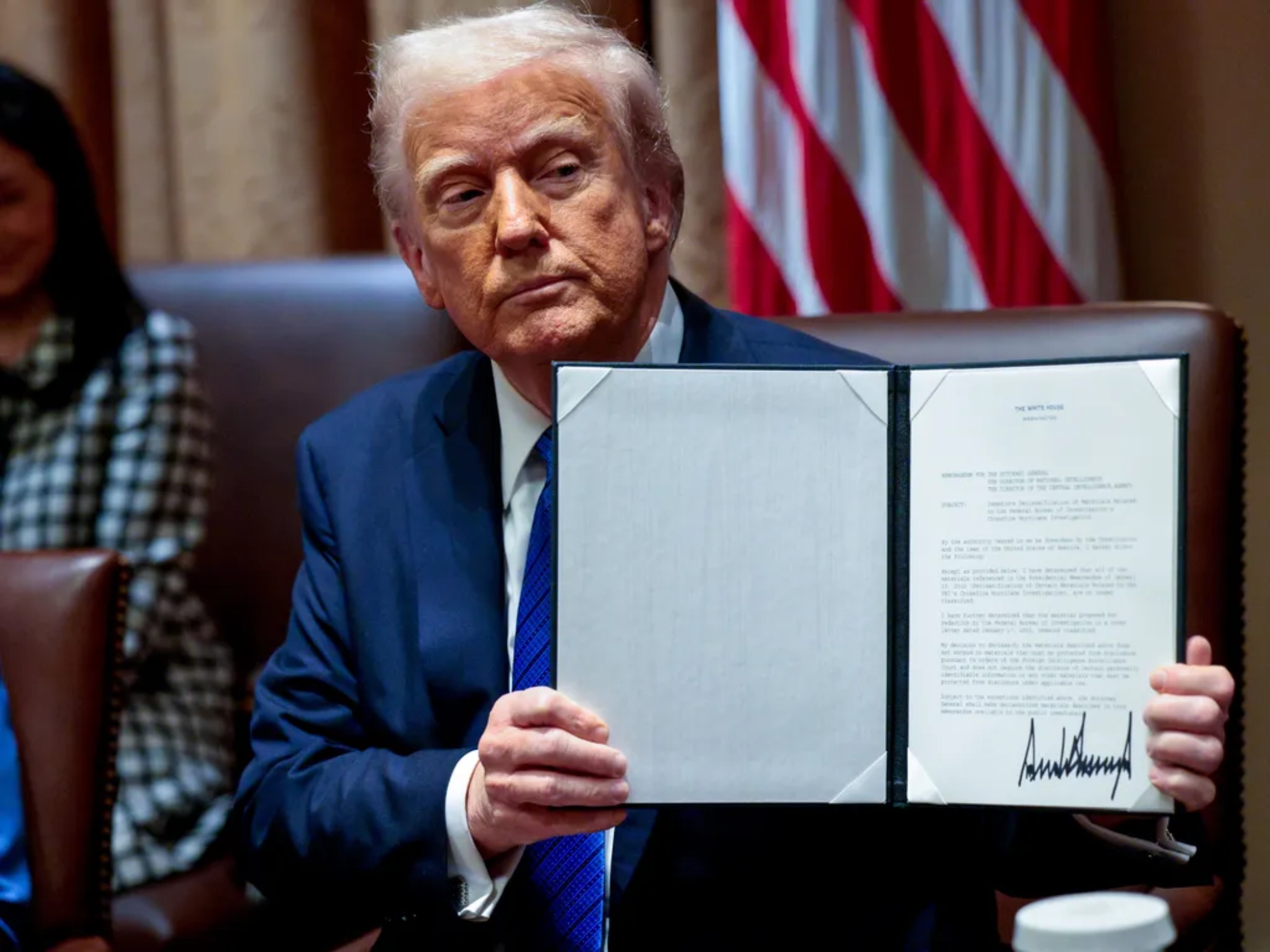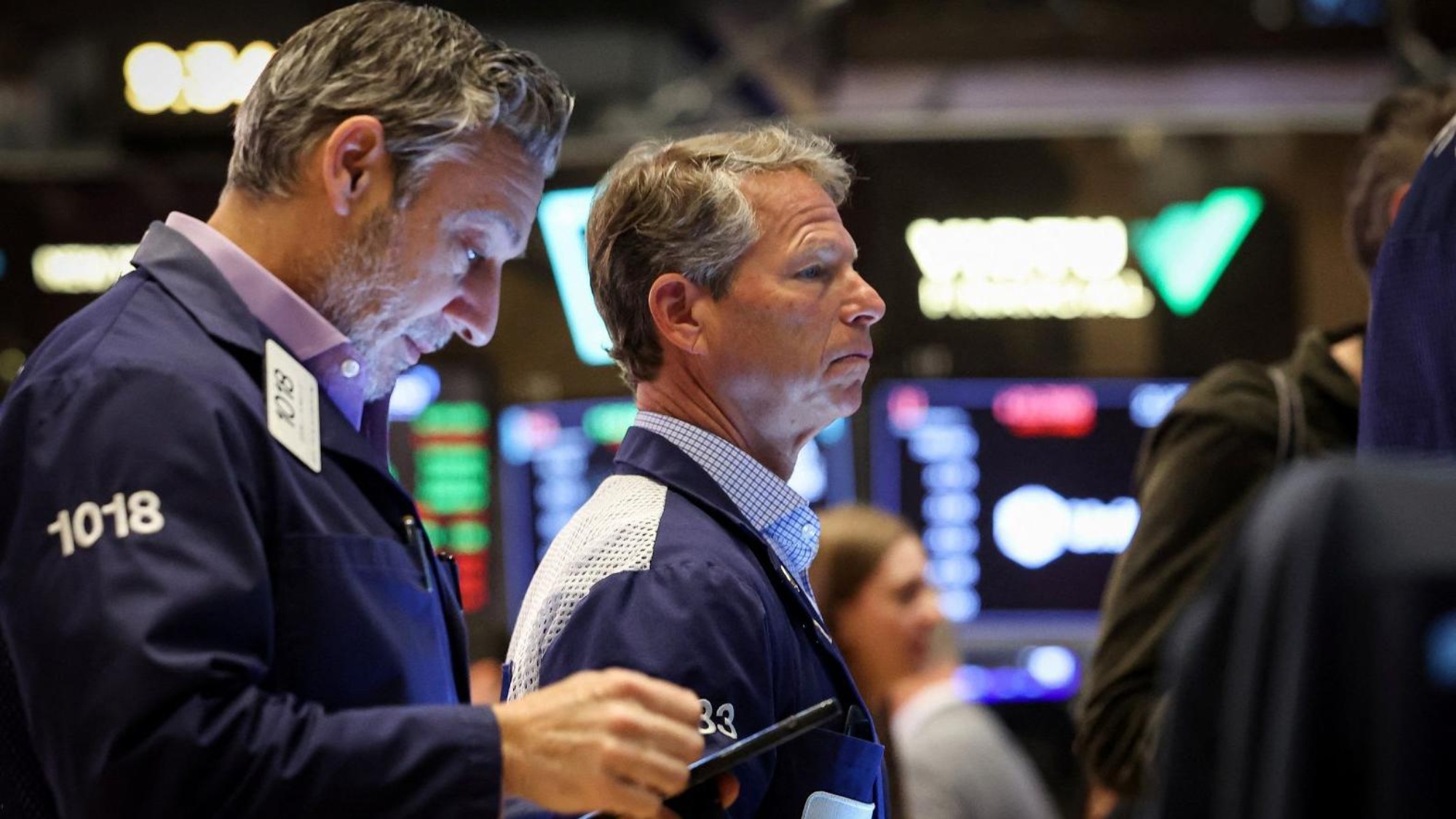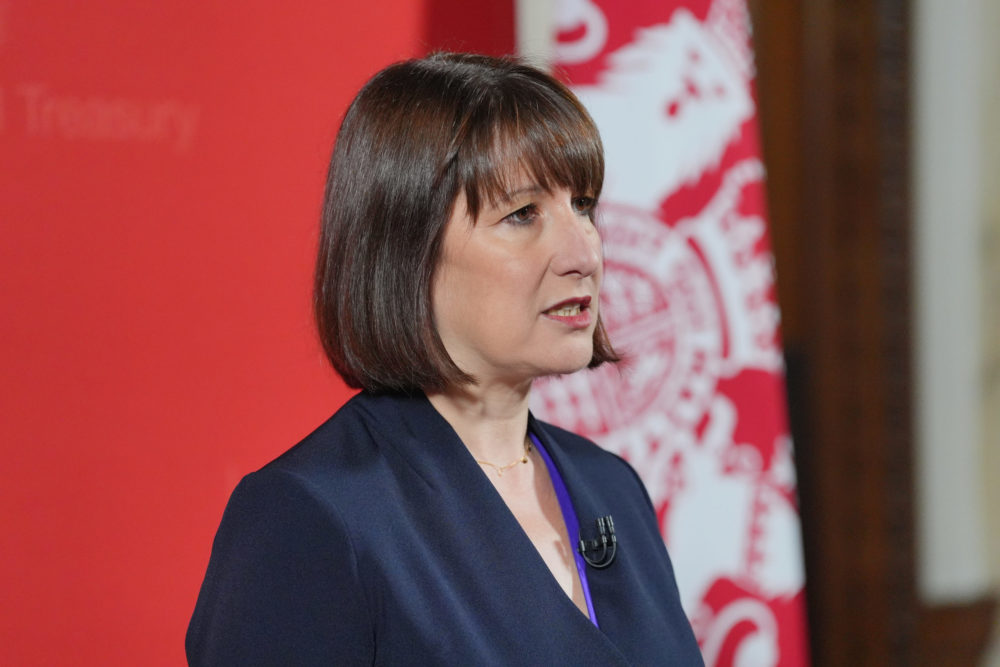After nearly ten years of negotiations, countries have agreed to a global deal to reduce emissions from the shipping industry, a sector that accounts for about 3% of global emissions and has struggled to cut its carbon footprint.
The deal, passed at the UN’s International Maritime Organization (IMO), will require owners of large international ships to adopt cleaner fuels starting in 2028 or face penalties of up to $380 per tonne of CO₂ emitted.
While the deal passed on Friday, it came close to collapsing. Saudi Arabia forced a last-minute vote — an unusual move for the IMO — and the US pulled out of the talks, objecting to provisions that would redistribute funds from penalties to support developing countries. Despite opposition from a dozen oil-producing nations, including Russia, the deal was approved and will be binding for all IMO member states.
The final agreement fell short of earlier proposals, including a blanket carbon tax that some countries had hoped would set a stronger precedent. Small island nations and environmental groups were particularly disappointed, calling the deal "unfit for purpose" and a missed opportunity to keep global warming within 1.5°C.
Switching to green fuels such as e-kerosene or ammonia remains the biggest challenge. These fuels are 3–4 times more expensive to produce than traditional diesel, which is essentially the leftover product of crude oil refining — cheap and energy-dense.
“There’s no fuel as cheap as what ships use today,” said Faig Abbasov, a maritime expert at Transport & Environment. “No green fuel will match it in cost.”
Refke Gunnewijk from the Port of Rotterdam noted the economic gap between fossil and green fuels: “You need carrots and sticks. Right now, the stick isn’t strong enough.”
Despite its limitations, the deal is historic — shipping is now the first global industry with an international mandate to reduce emissions. The IMO estimates an 8% cut in emissions by 2030, falling short of its own target of 20%.
Still, some see this as a starting point. Jesse Fahnestock of the Global Maritime Forum called it a necessary compromise: “Whether this is enough to trigger major investments in green fuel production is uncertain — more action will likely be needed.”
The US exit from the talks drew attention, particularly as it clashed with the country’s previous stance at the IMO. In a letter to delegates, the US warned that any levy could lead to inflation and threatened “reciprocal measures.” The move echoed other recent U.S. climate policy reversals.
Nevertheless, most IMO members pushed forward. The US only registers 178 cargo ships — just 0.57% of global shipping — so its withdrawal is unlikely to significantly affect the deal’s implementation.
Revenue from emissions penalties will go into a “Net Zero” fund aimed at scaling up green fuel production and aiding developing nations. The deal is expected to be formally adopted in October.










.jpg)